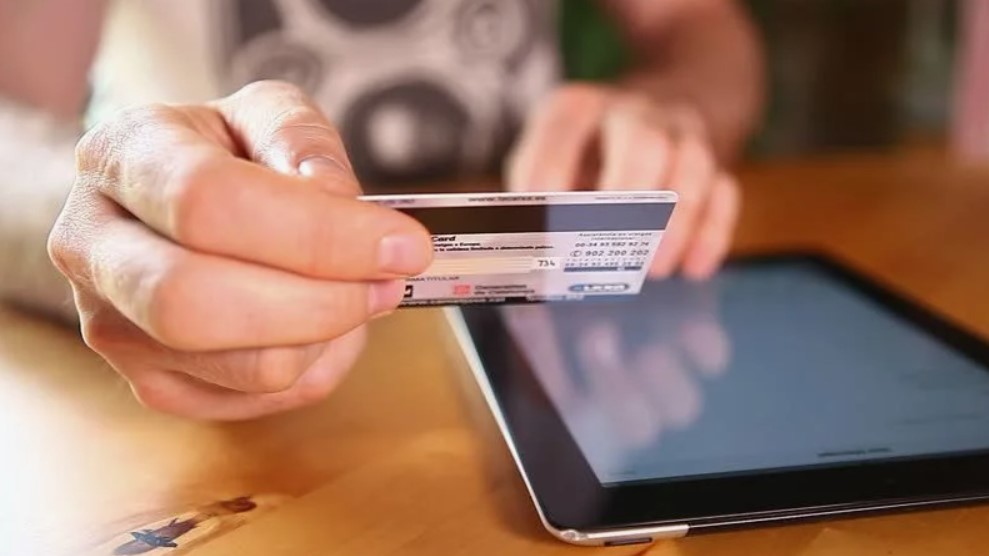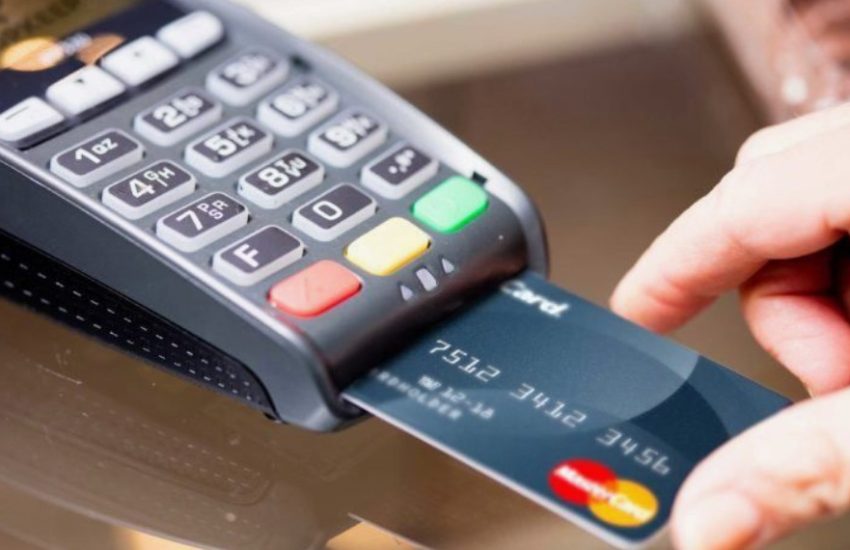Dubai, which draws millions of visitors annually, is among the world’s most popular tourist destinations. The tourism sector of the city is a substantial contributor to its economy, and credit card usage is a critical factor in this context. In this article, we investigate the diverse facets of credit card utilization in Dubai’s tourism sector, including the impact on both tourists and businesses, as well as the benefits and trends.
Overview of Dubai’s Tourism Sector
Dubai’s tourism sector is renowned for its luxurious hotels, shopping malls, cultural landmarks, and entertainment options. According to the Dubai Department of Economy and Tourism, the city welcomed 12.82 million visitors in 2022, highlighting its popularity among global travelers. Tourism contributes substantially to Dubai’s GDP, making it a vital part of the city’s economic strategy.
Role of Credit Cards in Tourism
Credit cards are integral to the tourism experience in Dubai. They offer convenience, security, and various benefits for both tourists and businesses. The following sections delve into the key roles credit cards play in Dubai’s tourism sector.

Convenience and Security
- Global Acceptance: Credit cards are widely accepted across Dubai, from luxury hotels and fine dining restaurants to local markets and transportation services. This widespread acceptance makes it easier for tourists to make purchases without worrying about currency exchange.
- Security: Using credit cards reduces the need for carrying large amounts of cash, thereby enhancing personal security. Additionally, many credit cards offer fraud protection, providing peace of mind for travelers.
- Ease of Transactions: Credit cards simplify transactions, enabling tourists to make quick and hassle-free payments. This is particularly beneficial in a bustling city like Dubai, where tourists are constantly on the move.
Financial Benefits for Tourists
- Rewards Programs: Many credit cards offer rewards programs that provide cashback, travel miles, or points for purchases. Tourists can earn significant rewards on expenses such as flights, accommodation, dining, and shopping.
- Foreign Transaction Fees: Some credit cards designed for travelers waive foreign transaction fees, making it more economical for tourists to use their cards abroad. This can result in considerable savings over the course of a trip.
- Travel Insurance: Many credit cards include travel insurance as part of their benefits. This can cover various aspects of travel, including trip cancellations, lost luggage, and medical emergencies, adding an extra layer of protection for tourists.
Impact on Dubai’s Economy
- Increased Spending: Credit cards facilitate higher spending among tourists. The ease of making transactions and the availability of credit encourage tourists to spend more, benefiting local businesses and contributing to the economy.
- Data Insights: The use of credit cards generates valuable data that can be analyzed to understand spending patterns and trends. This information can help businesses tailor their offerings to better meet the needs of tourists.
- Support for Small Businesses: Credit card acceptance is not limited to large enterprises. Small and medium-sized businesses in Dubai also benefit from the increased spending facilitated by credit card usage. This helps in the overall growth and diversification of the economy.

Trends in Credit Card Usage
- Contactless Payments: The adoption of contactless payment technology has surged in recent years. Tourists can make quick and secure payments by tapping their credit cards or mobile devices at payment terminals, enhancing the overall customer experience.
- Digital Wallets: The use of digital wallets, such as Apple Pay, Google Pay, and Samsung Pay, is growing among tourists. These platforms allow users to store their credit card information on their smartphones and make payments seamlessly.
- Rewards and Loyalty Programs: Tourists are increasingly choosing credit cards that offer robust rewards and loyalty programs. These incentives encourage repeat visits and increased spending in Dubai’s tourism sector.
- Specialized Travel Cards: Many financial institutions offer credit cards specifically designed for travelers. These cards often come with benefits like no foreign transaction fees, higher rewards on travel-related purchases, and exclusive travel perks.
Credit Card Providers and Partnerships
- Local Banks: Local banks in Dubai, such as Emirates NBD and Mashreq Bank, offer credit cards tailored to the needs of tourists. These cards often feature benefits that cater specifically to the travel and hospitality sectors.
- International Banks: Global banks and financial institutions also provide credit cards that are widely used by tourists in Dubai. These cards typically offer global acceptance, travel benefits, and rewards programs.
- Partnerships with Businesses: Credit card providers frequently partner with hotels, airlines, and retail outlets to offer exclusive discounts and promotions to cardholders. These partnerships enhance the value proposition for tourists and drive business to local enterprises.
Liv Digital Bank’s Role
Liv Digital Bank, a prominent digital banking platform in the UAE, offers innovative solutions that cater to the needs of modern travelers. With its user-friendly app, Liv Digital Bank provides features such as real-time expense tracking, budgeting tools, and instant notifications, making it easier for tourists to manage their finances while exploring Dubai. The platform’s seamless integration with various payment methods enhances the overall travel experience, contributing to the city’s reputation as a tourist-friendly destination.
Best Practices for Tourists
- Selecting the Best Credit Card: Tourists should opt for credit cards that provide travel-related benefits, including travel insurance, no foreign transaction fees, and rewards on travel expenses. This has the potential to optimize savings and improve the overall travel experience.
- Comprehending Fees and Charges: It is crucial for travelers to be cognizant of any fees that may be associated with their credit cards, including late payment charges, interest rates, and cash advance fees. This information may assist in the prevention of unnecessary expenditures.
- Monitoring Spending: Tourists can effectively manage their finances and adhere to their budget by consistently monitoring their spending through mobile banking applications or credit card statements.
- Security Measures: In order to safeguard their credit card information, tourists should take the following precautions: avoid using public Wi-Fi for transactions, use secure payment methods, and frequently monitor for unauthorized charges.
Conclusion
Credit cards are essential in the development of Dubai’s tourism industry, as they offer visitors financial benefits, security, and convenience. The overall travel experience is improved by the ubiquitous acceptance of credit cards and the benefits they offer, which in turn encourages higher spending. The position of credit cards in Dubai’s tourism industry will be further enhanced by the integration of digital banking platforms such as Liv Digital Bank, as technological advancements continue to influence the financial landscape. Tourists can experience a seamless and rewarding journey in one of the world’s most vibrant travel destinations by comprehending and capitalizing on the advantages of credit cards.

I am an award-winning freelance writer specializing in financial topics. With more than a decade of work experience, I have published in the Wall Street Journal, the New York Times and numerous industry journals, including the Harvard Business Review.
